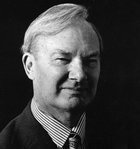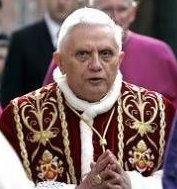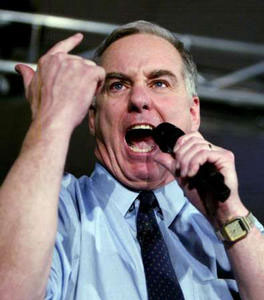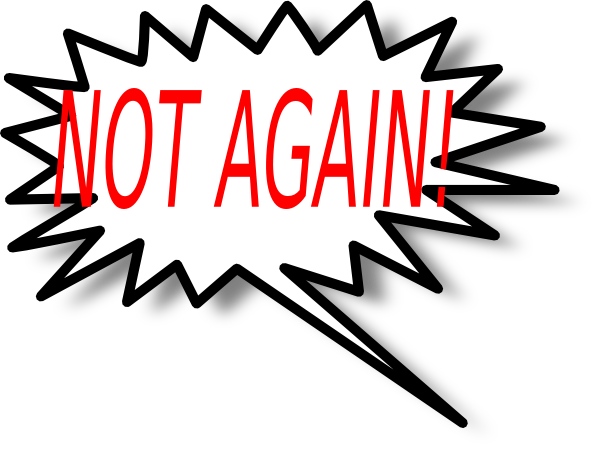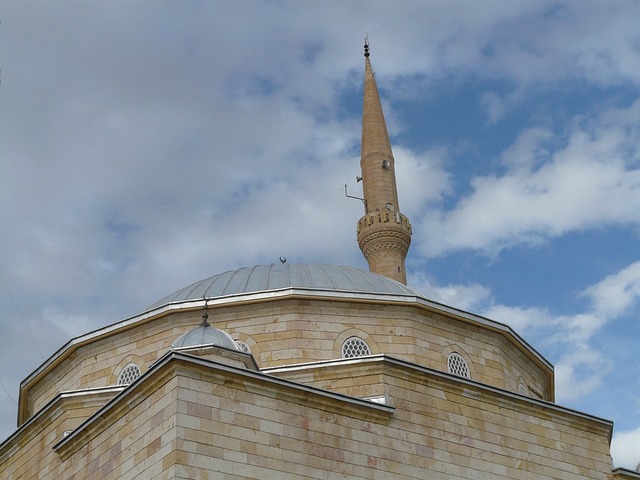Is the doctrine of the Incarnation prior to & the source of Trinitarian doctrine? – Part 1
I was reading famous philosopher of religion John Hick‘s contribution to the 1982 book The Concept of Monotheism in Islam & Christianity, and ran across an interesting idea. Let me put it in context. If you know anything about Hick, you can guess that in his chapter he’s is ultimately trying to promote his unique theory of religious pluralism. Here’s the connection he sees between… Read More »Is the doctrine of the Incarnation prior to & the source of Trinitarian doctrine? – Part 1
